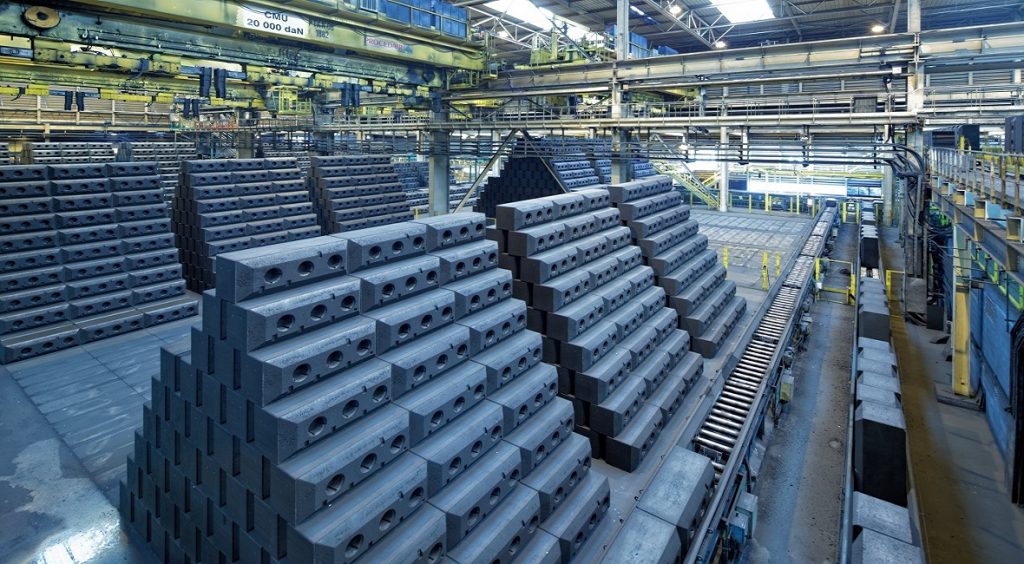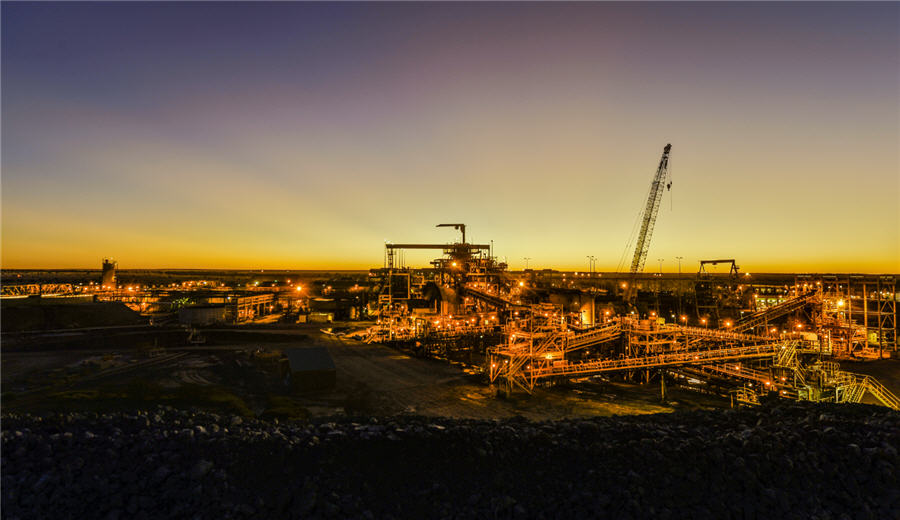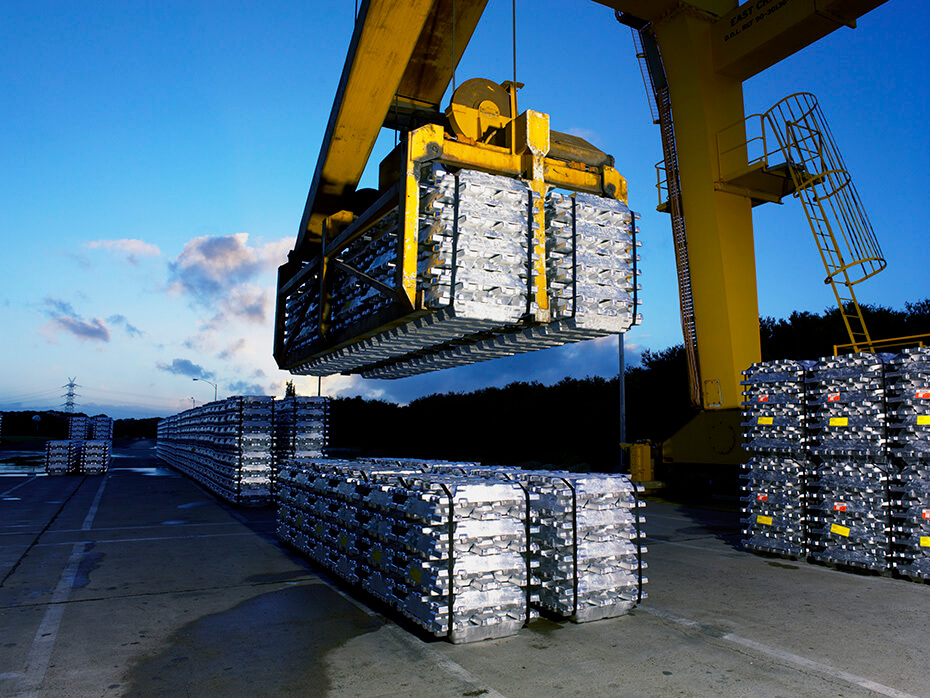Europe’s aluminium deficit triggers further large LME stock draw

Aluminium inventories in London Metal Exchange (LME) warehouses, already at their lowest in nearly 17 years, are likely to fall further over coming days and weeks as more metal leaves the LME system and heads for Europe, where supplies are scarce.
Record high power prices in Europe have pushed up costs of producing metals such as aluminium used widely in the energy, construction and packaging industries.
Western Europe accounts for about 10% of global consumption estimated around 70 million tonnes this year.
Citi analyst Max Layton said in a recent note that aluminium supply risks remain elevated, with about 1.5 million to two million tonnes of output at risk of closure across Europe and Russia over the next three to 12 months.
Shortages in Europe have resulted in large draws on LME aluminium stocks, which have fallen 72% since March last year to 532,500 tonnes, the lowest since November 2005.
Even more worrying for the aluminium market on warrant stocks — metal available to the market — at 260,075 tonnes, is the lowest on record and likely to fall further as more metal leaves LME warehouses.
“Aluminium continued its rally from last Friday after on-warrant stocks dropped to a record low, reflecting tightness in the ex-China market,” said ING analyst Wenyu Yao.
“However, supply growth has exceeded demand from China’s market…demand (in China) has been in a soft patch due to Covid-related lockdowns.”
Benchmark aluminium prices on the LME earlier hit a one-week high of $2,865 a tonne. It was last up 1.2% at $2,822.
Worries about availability on the LME has narrowed the discount for the cash over the three-month aluminium contract to $26.5 a tonne from $36 a week ago.
The physical market duty-paid premium that consumers in Europe pay for their aluminium, above the benchmark LME price, is trading at all-time highs of $615 a tonne.
Primary aluminium output in China, the world’s top producer and consumer of the metal, hit a record high of 3.36 million tonnes in April after curbs on power production eased, allowing smelters to expand operations.
(By Pratima Desai; Editing by Emelia Sithole-Matarise)
More News
South32 posts lower third-quarter manganese output
The world's biggest producer of manganese ore produced 476,000 wet metric tons last quarter.
April 16, 2025 | 03:48 pm
Alcoa reports $20 million tariff hit on imports from Canada
April 16, 2025 | 03:42 pm
{{ commodity.name }}
{{ post.title }}
{{ post.date }}




Comments